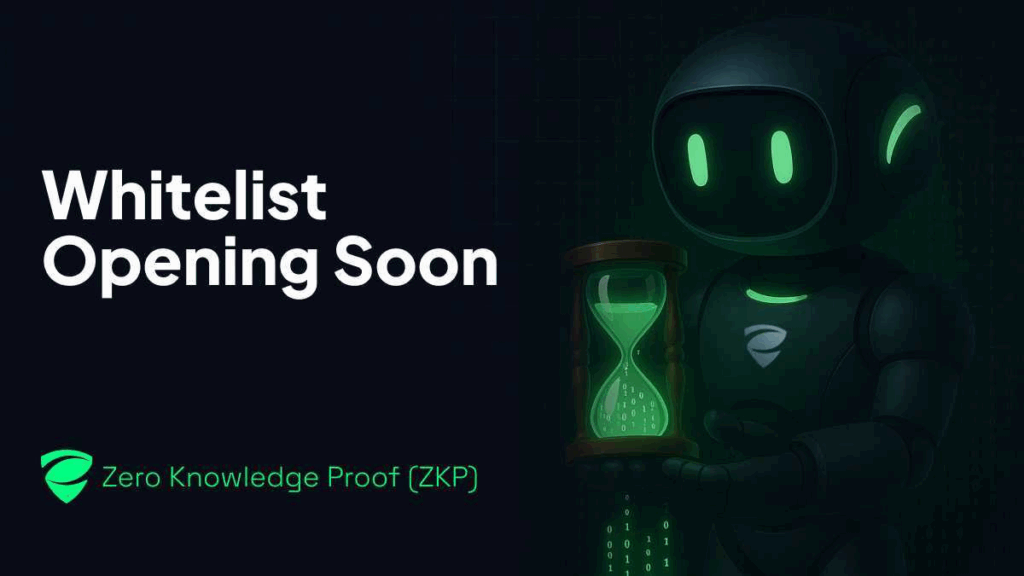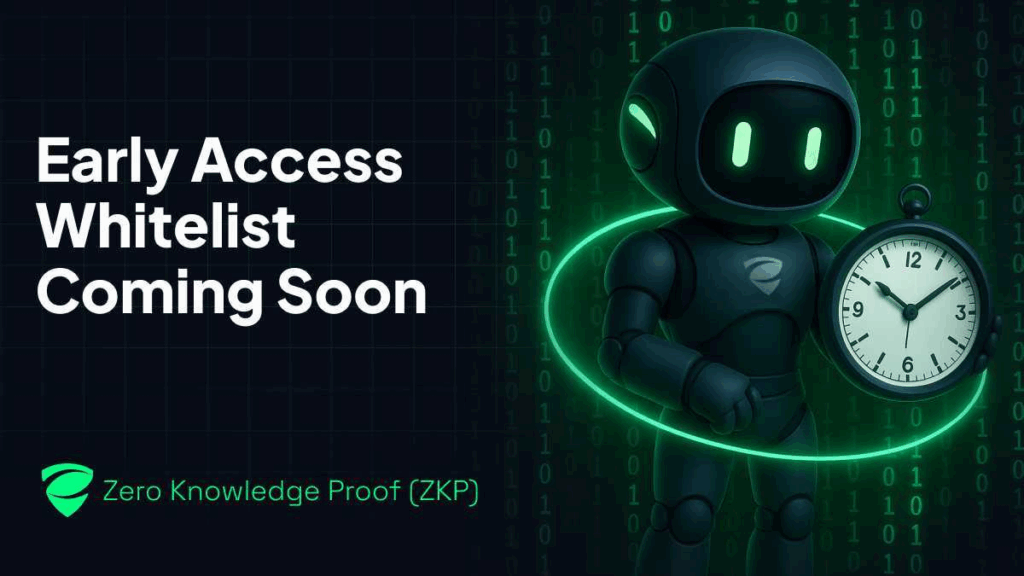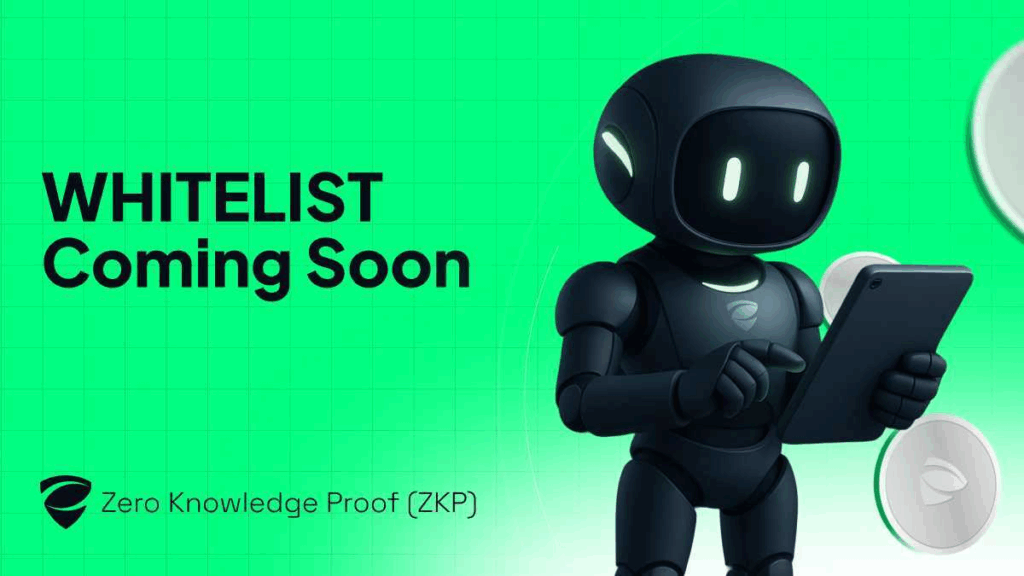In a space crowded by speculation, hype, and anonymous activity, Zero Knowledge Proof (ZKP) introduces a protocol where reputation is not only measurable but essential. This upcoming crypto project transforms blockchain credibility into a dynamic, on-chain asset, one earned through participation, accuracy, and accountability.
By using a system of knowledge staking and challenge resolution, Zero Knowledge Proof (ZKP) redefines how we trust individuals in decentralized ecosystems. As the whitelist draws closer, it’s time to understand how this project structures blockchain reputation through roles, history, and performance.
Reputation Isn’t Assumed, It’s Earned
Zero Knowledge Proof (ZKP) structures its protocol around verifiable claims. Users must stake tokens to make assertions, and these assertions are subject to open verification or challenge. But beneath the protocol’s surface lies an implicit yet powerful feature: the development of user reputation based on behavior.
Participants who consistently provide correct information or accurately challenge incorrect claims build a positive on-chain track record. This track record is not artificially gamed or bought, it’s established through participation and accuracy. Over time, these patterns signal credibility to others in the network, whether they’re new users evaluating claims or challengers deciding whether to dispute.
This system offers an alternative to traditional reputation methods in Web3. Instead of measuring activity by wallet age or follower count, Zero Knowledge Proof (ZKP) ties trust to truthful knowledge interaction. It makes credibility a byproduct of use, not status.

Provable Honesty as a Social Currency
The project’s core mechanism, staking tokens to make a knowledge claim, inherently carries risk and accountability. If a claim is successfully challenged, the prover forfeits the stake. If the claim holds under scrutiny, the prover is rewarded.
This process not only governs the integrity of the protocol but also builds a history of reliable participation. The more often a user proves correct, either by making accurate claims or issuing valid challenges, the more they become a trusted actor in the network.
In future environments that may integrate Zero Knowledge Proof (ZKP) verification into DeFi, DAOs, or marketplaces, a user’s on-chain reputation could influence how others interact with them. Those with high credibility may be preferred validators, sought-after collaborators, or default sources for factual input. While the whitepaper doesn’t assign formal scores or ratings, it leaves room for tools that track behavior-based trust markers, giving social weight to technical performance.
Decentralizing Trust at Scale
In a protocol like Zero Knowledge Proof (ZKP), where anyone can make a claim and anyone can challenge it, maintaining systemic integrity depends on disincentivizing dishonesty. Reputation becomes a decentralized filter, a way to detect patterns, spot opportunists, and highlight reliable actors.
Unlike centralized systems where trust is dictated from above, here trust is built from the bottom up. Participants decide whom to trust based on past actions, not labels. This aligns closely with the values of blockchain: transparency, merit, and decentralization.

Importantly, Zero Knowledge Proof (ZKP) does not lock users into rigid reputation classes. There’s always a chance to rebuild trust or lose it, making the system fluid and responsive. This balances risk-taking with responsibility, encouraging users to stay accurate, engaged, and thoughtful.
Last Say
Zero Knowledge Proof (ZKP) is quietly solving a problem that plagues much of crypto: the absence of meaningful reputation. In this protocol, credibility becomes an earned asset, grounded in proof, interaction, and challenge. Users can’t fake their way to influence, they must build it block by block, through accurate claims and thoughtful scrutiny.
As the whitelist approaches, early participants won’t just gain access to a new crypto protocol; they’ll enter a system where their actions shape their trustworthiness, and where being right doesn’t just matter, it pays. This is how Zero Knowledge Proof (ZKP) transforms truth into trackable trust.
Disclaimer: Any information written in this press release does not constitute investment advice. Optimisus does not, and will not endorse any information about any company or individual on this page. Readers are encouraged to do their own research and base any actions on their own findings, not on any content written in this press release. Optimisus is and will not be responsible for any damage or loss caused directly or indirectly by the use of any content, product, or service mentioned in this press release.
